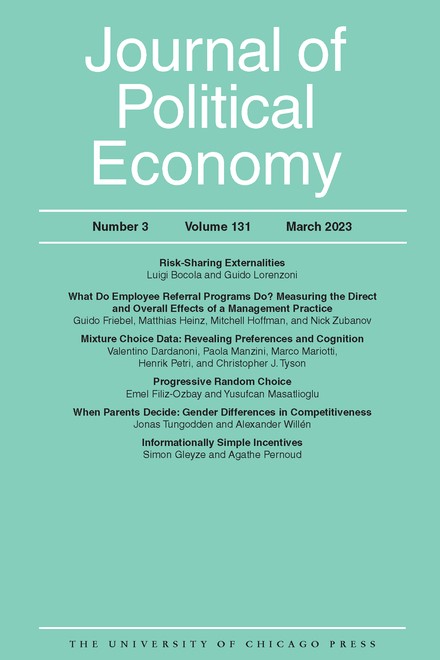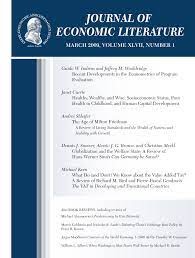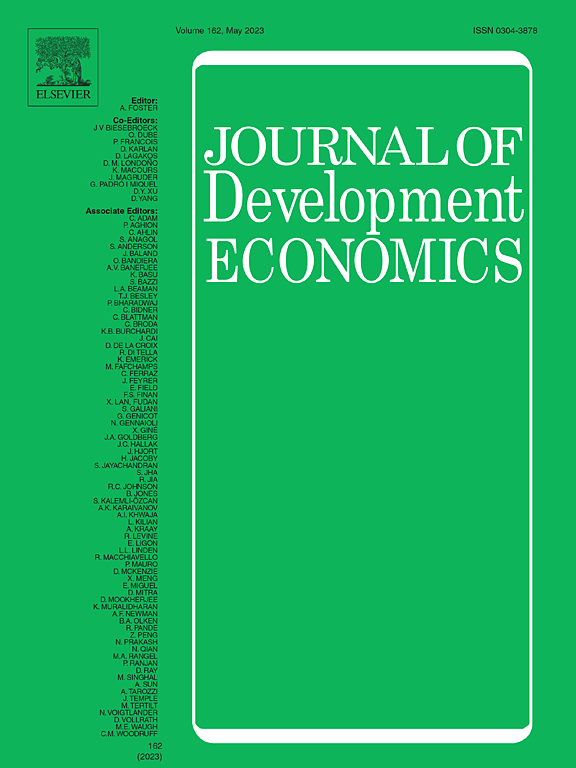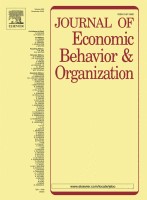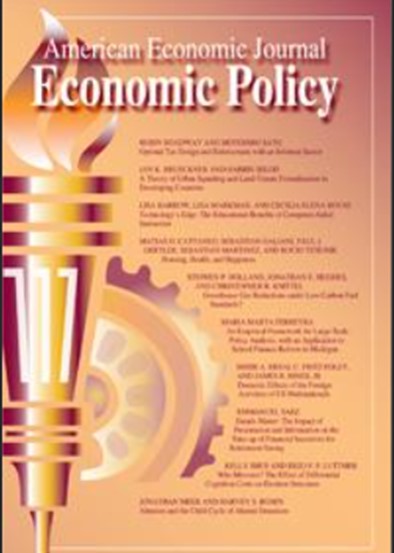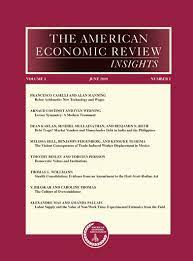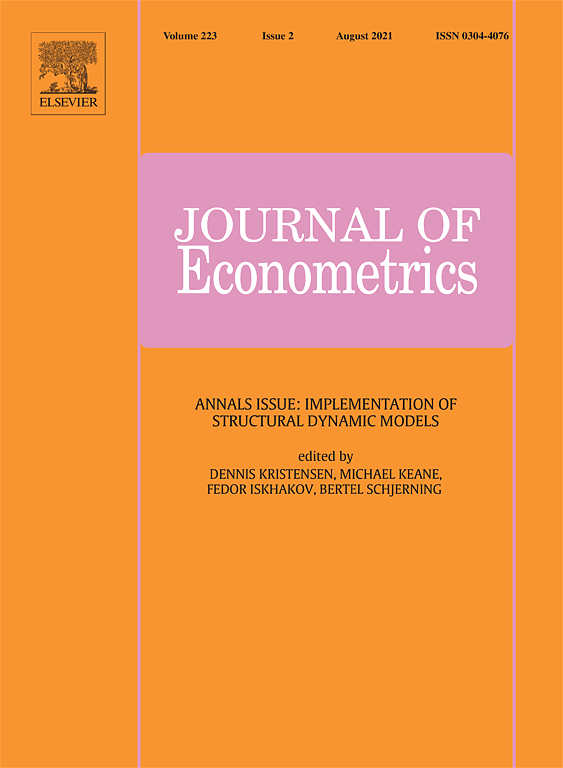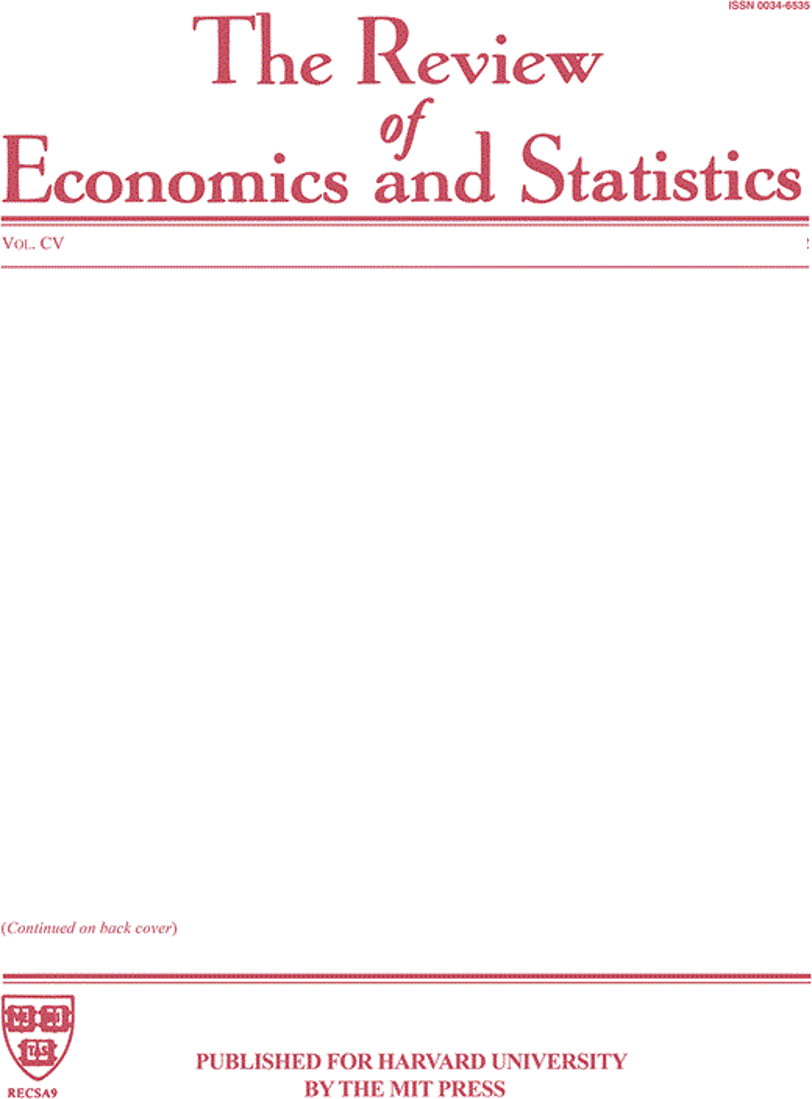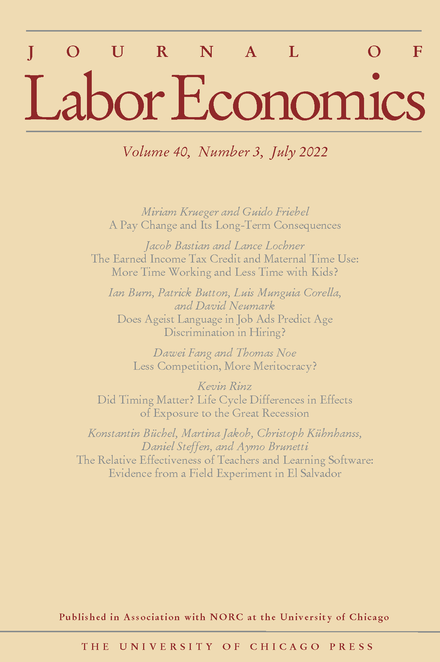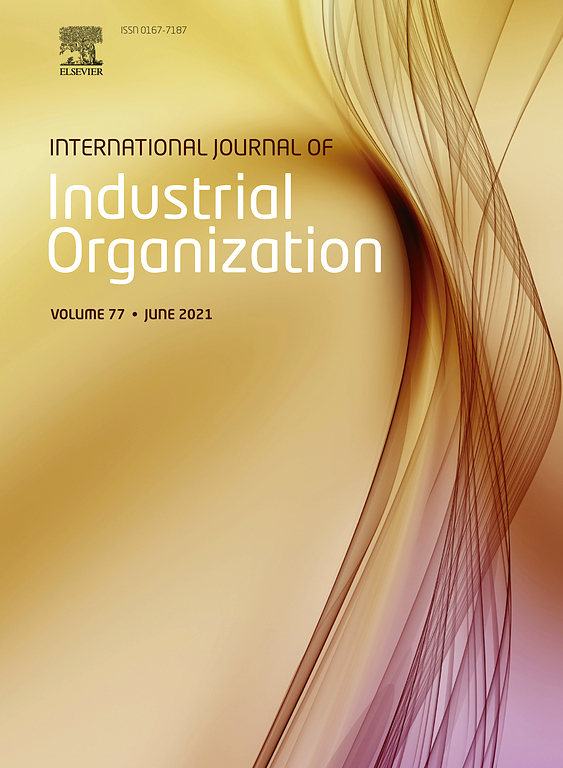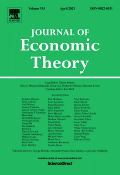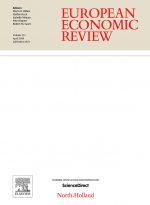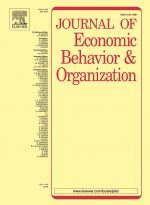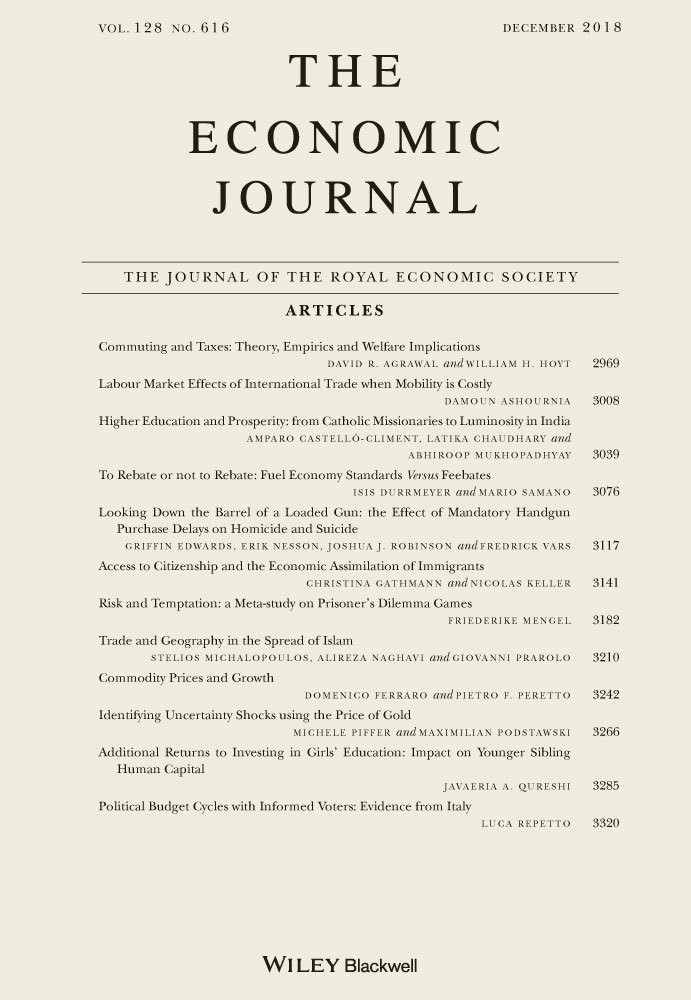As artificial intelligence (AI) becomes increasingly integrated into our daily lives, there are concerns about the impact of AI on human decision-making and social preferences. A recent online experiment by Victor Klockmann (Univ. Würzburg), Alicia von Schenk (Univ. Würzburg) and Marie Claire Villeval (Univ. Lyon) explored whether individuals adjust their behavior when they know that their choices will train an algorithm to make decisions based on their revealed social preferences.
Weiterlesen
Author: Gisela Heichele
What do Employee Referral Programs (ERPs) Do? Measuring the Direct and Overall Effects of a Management Practice
Designing Information Provision Experiments
Poverty and Perseverance: The Detrimental Effect of Poverty on Effort Provision
Zahra Sharafi, 2023, Journal of Development Economics, 162, 103040
Artificial intelligence, ethics, and intergenerational responsibility
How Do Beliefs about the Gender Wage Gap Affect the Demand for Public Policy?
Sonja Settele, 2022, American Economic Journal: Economic Policy, 14 (2), 475-508
Risk Exposure and Acquisition of Macroeconomic Information
Christopher Roth, Sonja Settele, Johannes Wohlfart, 2022, American Economic Review: Insights, 4 (1), 34-53
Beliefs about public debt and the demand for government spending
Christopher Roth, Sonja Settele, Johannes Wohlfart, 2022, Journal of Econometrics, 231(1), 165-187
Communicating through Defaults
A Pay Change and Its Long-Term Consequences
Miriam Krueger, Guido Friebel, 2022, Journal of Labor Economics, 40 (3)
Behavioral Measurement Conference at Goethe University
On June 23 – 24, 2022 FLEX together with the Leibniz Institute SAFE hosted the first bi-annual Behavioral Measurement Conference at Goethe University. The aim is to foster and advance economic research utilizing behavioral measurement tools.
Continue reading
“The Hidden Costs of Control” by A. Falk and M. Kosfeld is reviewed in new book
The paper „The Hidden Costs of Control” by Armin Falk and Michael Kosfeld is reviewed in the new book The Art of Experimental Economics – Twenty Top Papers Reviewed edited by Gary Charness and Mark Pingle. Weiterlesen
Division of labor and the organization of knowledge in production: A laboratory experiment
Victor Klockmann, Alicia von Schenk, Ferdinand A. von Siemens, 2021, Games and Economic Behavior, 130, 196-210
An experiment on partial cross-ownership in oligopolistic markets
Volker Benndorf, Johannes Odenkirchen, 2021, International Journal of Industrial Organization, 78, 102773
Middle Managers, Personnel Turnover, and Performance: A Long‐Term Field Experiment in a Retail Chain
Guido Friebel, Matthias Heinz, Nikolay Zubanov, 2021,
Management Science, 68(1), [published online: 22. Feb 2021]
Games With Coupled Populations: An Experiment in Continuous Time
Volker Benndorf, Ismael Martínez-Martínez, Hans-Theo Normann, 2021, Journal of Economic Theory, 195, 105281
Belief elicitation with multiple point predictions
Markus Eyting, Patrick Schmidt, 2021, European Economic Review, 135, 103700
Do preferences and biases predict life outcomes? Evidence from education and labor market entry decisions
Uschi Backes-Gellner, Holger Herz, Michael Kosfeld, Yvonne Oswald, 2021, European Economic Review, 134, 103709
Gender differences in social interactions
Guido Friebel, Marie Lalanne, Bernard Richter, Peter Schwardmann, Paul Seabright, 2021,
Journal of Economic Behavior & Organization, 186, 33-45
The Structure and Behavioral Effects of Revealed Social Identity Preferences
Florian Hett, Mario Mechtel, Markus Kröll, 2020,
The Economic Journal, 130 (632), 2569-2595
